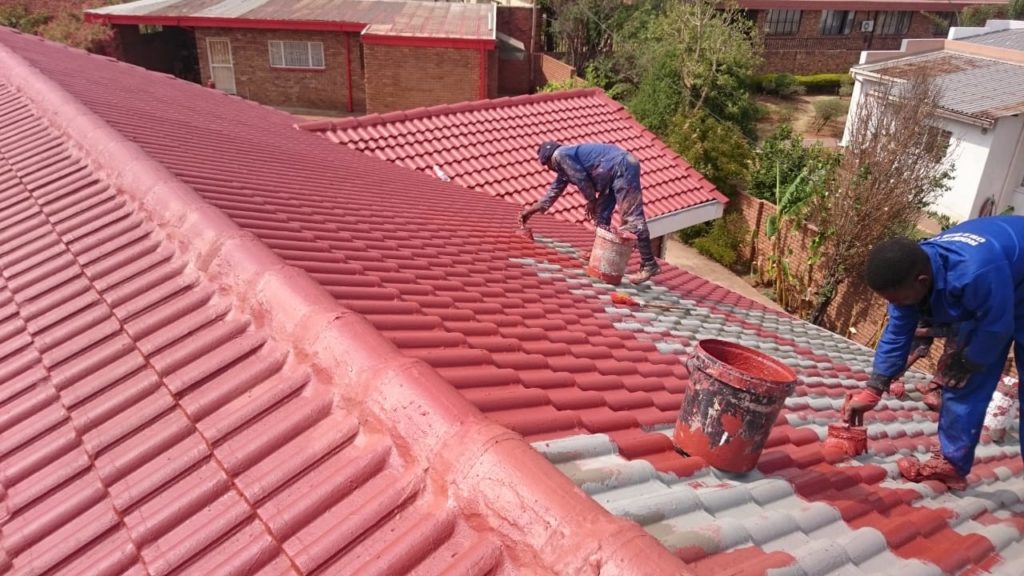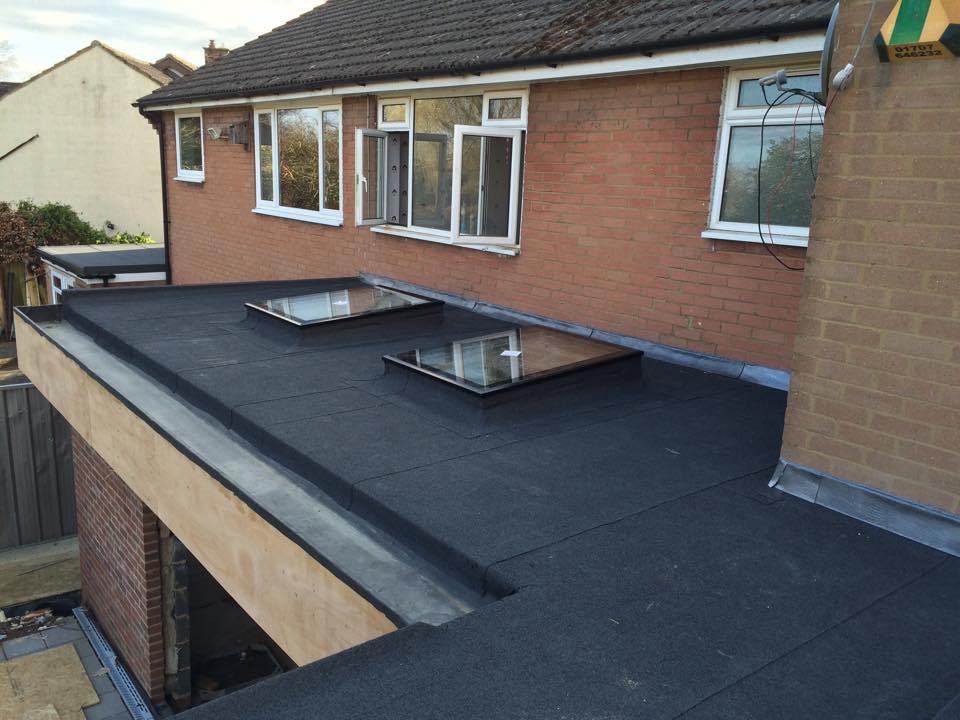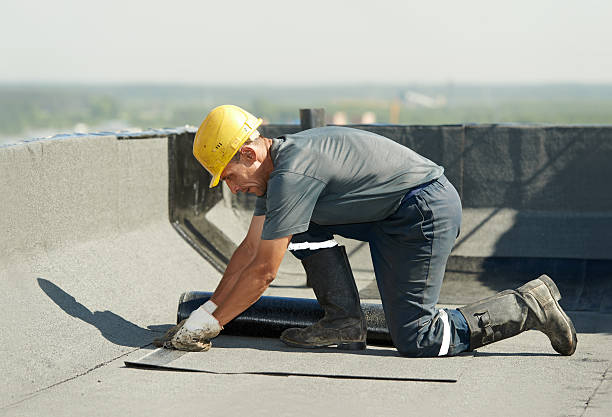Roof waterproofing is the process of making a roof resistant to water damage. This can be done through a variety of methods, including the use of sealants, coatings, and membranes. sealants are applied to the joints and seams of a roof in order to prevent water from seeping in. Coatings are applied to the entire surface of the roof in order to create a barrier against water. Membranes are thin layers of material that are installed underneath the surface of the roof in order to deflect water. This is an essential part of maintaining your roof, as it helps to prevent leaks, mold growth, and structural damage.
Why invest in roof waterproofing
Waterproofing is a necessary measure to protect your roof from water damage. Many commercial and residential buildings have problems with leaks, which can lead to extensive damage if not caught and fixed in a timely manner. Waterproofing your roof offers many benefits, including the following:
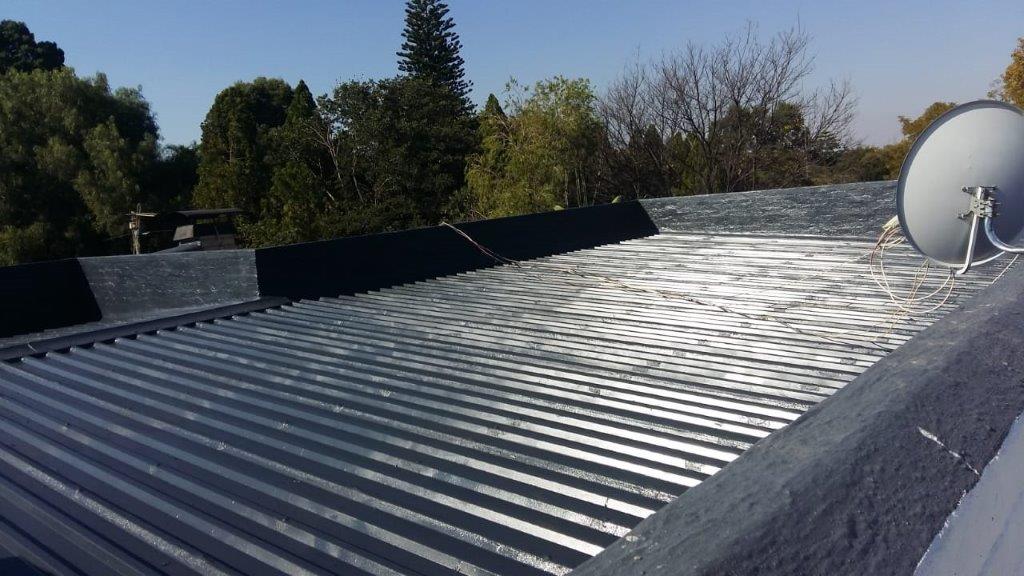
Preventing structural damage: Leaks can cause wood rot, metal corrosion, and other problems that weaken the structure of your roof. Waterproofing helps to prevent these issues by creating a barrier against moisture.
- Extending the life of your roof: A well-maintained roof will last longer than one that is not protected from the elements. Waterproofing helps to extend the life of your roof by protecting it from the damaging effects of water and sun exposure.
- Improving energy efficiency: A waterproofed roof helps to keep your building cooler in the summer and warmer in the winter. This can lead to lower energy bills and a more comfortable indoor environment.
- Enhancing curb appeal: Waterproofing also makes your roof look better than one that is damaged by leaks or shows signs of wear and tear. This can increase the value of your property and make it more attractive to potential buyers.
How to waterproof your roof?
There are a few different ways to waterproof your roof, but the most common method is to apply a coating of asphalt or rubber. This will provide a barrier between the water and your roof, and will help to prevent leaks. We recommend using a liquid rubber coating which is extremely durable like the ones supplied by this roof waterproofing Durban company. Here is a step-by-step guide to waterproofing your roof:
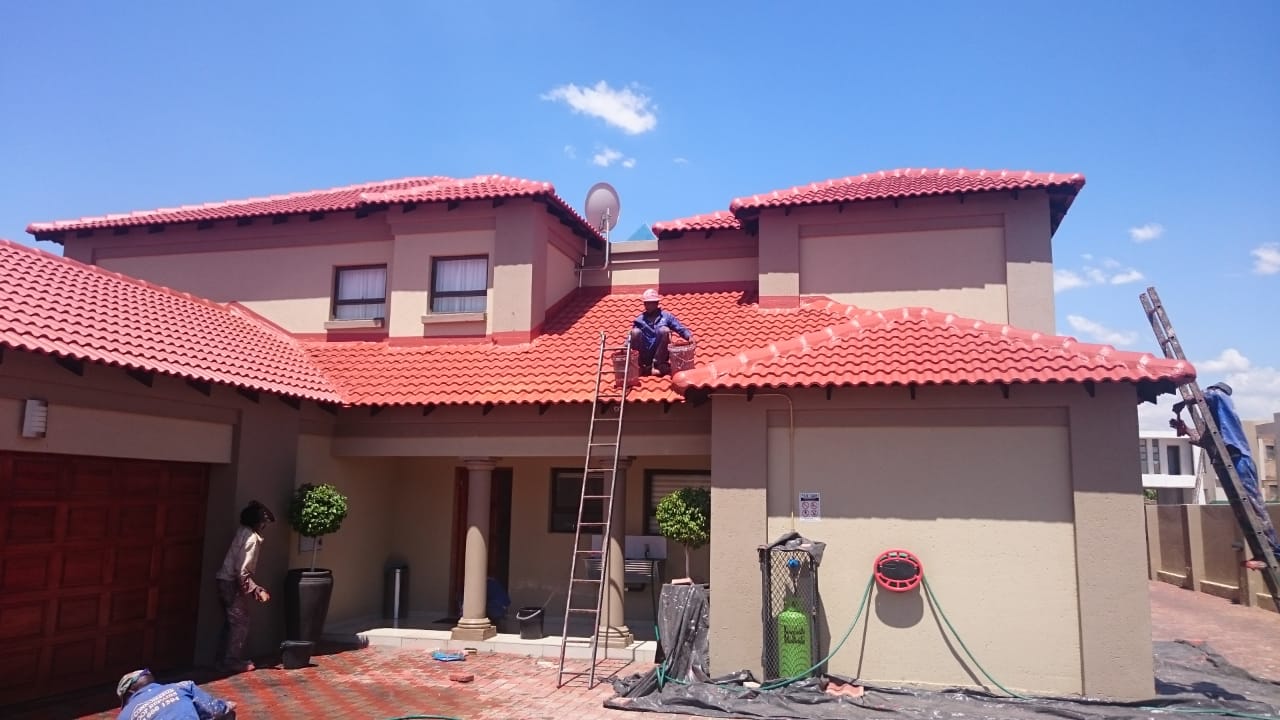
- Inspect your roof for any damage or leaks. If you find any, repair them before proceeding.
- Clean the surface of your roof with a power washer or pressure cleaner. This will remove any dirt or debris that could prevent the coating from adhering properly.
- Apply the asphalt or rubber coating to the roof with a brush or roller. Make sure to cover the entire surface evenly.
- Allow the coating to dry completely before walking on the roof or being exposed to rain or snow.
Roof Waterproofing
Waterproofing your roof is a vital part of ensuring that your home stays in good condition. Not only will it protect your home from water damage, but it can also help improve energy efficiency and keep the temperature inside more consistent. If you’re not sure whether or not your roof needs waterproofing, or if you need help choosing the right waterproofing solution for your home, you can get in touch with a roofing expert.

